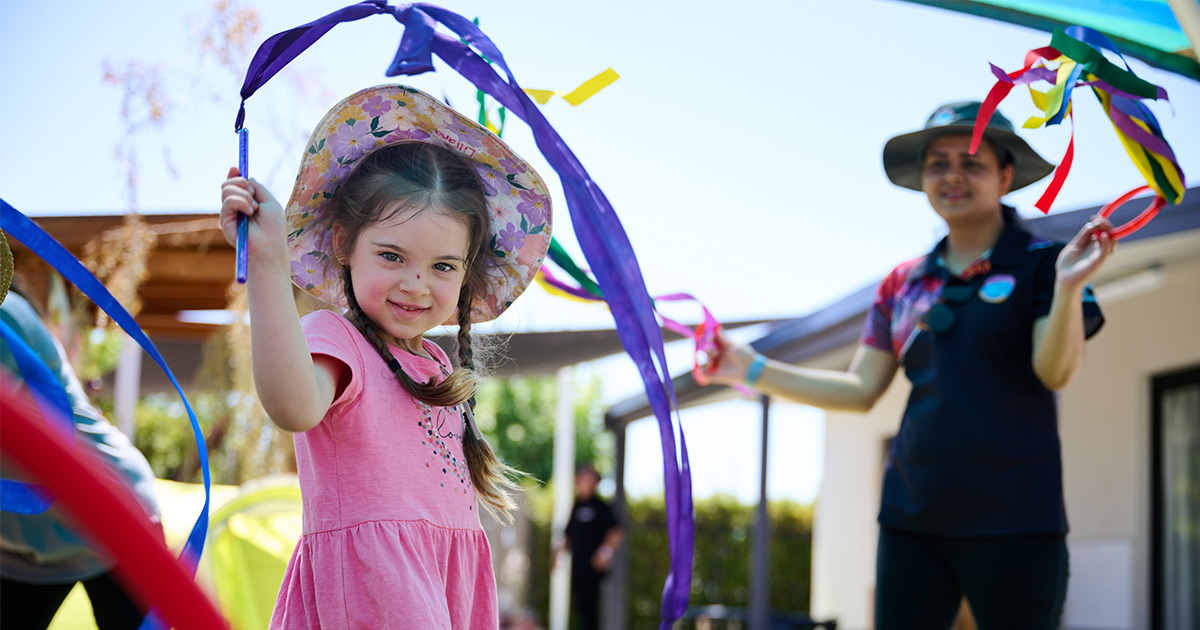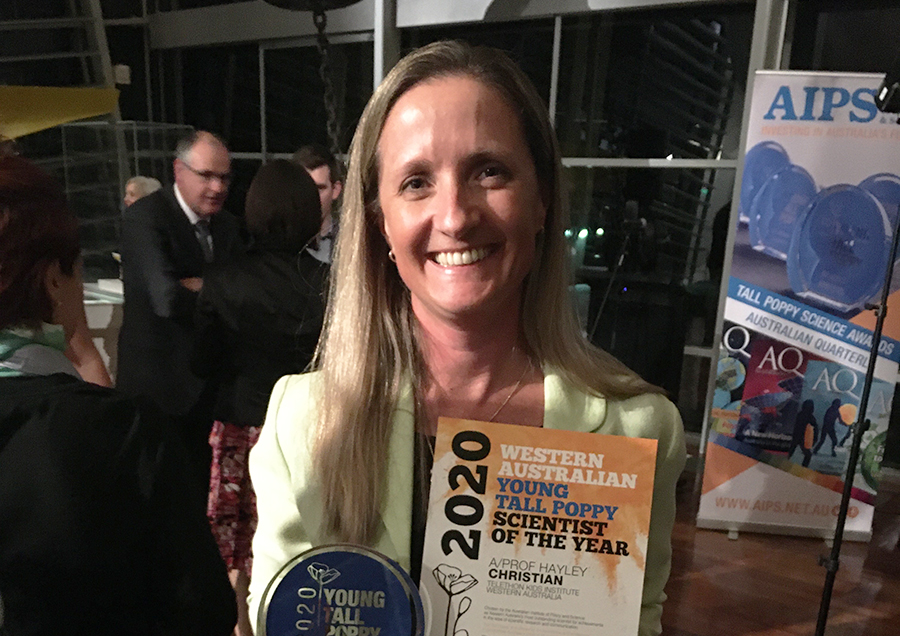Search
Research
What helps cardiac patients exercise after treatment, and when? Understanding physical activity and exercise participation following exercise-based cardiac rehabilitationDespite evidence suggesting regular exercise (i.e. structured, repetitive and purposeful physical activity) attenuates cardiac patients’ decline in health, our understanding of factors affecting long-term exercise participation among this patient cohort is limited. This problem is pertinent, given that less than half of cardiac patients adhere to exercise following discharge from formal exercise-based rehabilitation programmes. In this study, we explored factors influencing exercise participation after an outpatient cardiac rehabilitation programme.
Research
Using Focussed Ethnography to Observe and Understand the Actions and Interactions of People With Prader-Willi Syndrome When They Exercise at a Community Gym: A ProtocolExercise for people with Prader-Willi syndrome (PWS) is important for their health and wellbeing and can provide opportunities for community participation. However, they may find it difficult to participate in some contexts, such as community gyms because social and environmental barriers in these settings may compound difficulties caused by physical impairments or intellectual disability.
Research
Investigating the Feasibility and Acceptability of a Facebook Delivered, Parent Mediated, Physical Activity Intervention for Children with Developmental Coordination DisorderChildren with Developmental Coordination Disorder (DCD) experience difficulties performing fundamental movement skills, resulting in reduced physical activity (PA). Given low PA can impact mental and physical health, improving PA in DCD appears imperative. This study investigates the feasibility of a Facebook delivered, parent mediated, PA intervention for children with DCD.
Research
The implementation of exercise therapy within hospital-based mental healthcare: Delphi studyThe physical health comorbidities and premature mortality experienced by people with mental illness has led to an increase in exercise services embedded as part of standard care in hospital-based mental health services. Despite the increase in access to exercise services for people experiencing mental illness, there is currently a lack of guidelines on the assessment and triage of patients into exercise therapy.
Research
The sleep and activity database for the early years (SADEY) study: design and methodsCanada, Australia, the World Health Organization and other countries have released 24-hour movement guidelines for the early years which integrate physical activity, sedentary behaviour, and sleep, focusing on supporting children to achieve a healthy 24-hour day. The guideline evidence synthesis, however, highlighted the dearth of high-quality evidence, particularly from large-scale studies.
Research
Physical activity interventions for the promotion of mental health outcomes in at-risk children and adolescents: a systematic reviewMany young people are exposed to risk factors that increase their risk of mental illness. Physical activity provision is an increasingly popular approach to protect against mental illness in the face of these risk factors. We examined the effectiveness of physical activity interventions for the promotion of mental health outcomes in at-risk children and adolescents.
Research
Improving physical activity and screen time in Australian Outside School Hours Care: Study protocolChildren's physical activity and screen time behaviours impact their physical health and well-being. In Australia, less than half of children meet daily physical activity recommendations and only one-third meet daily screen time recommendations.

News & Events
New national trial leverages childcare to boost physical activity in young Aussie kidsMore than 80,000 Australian children are expected to benefit as 700 childcare centres across the country trial a new program aimed at boosting declining physical activity levels.

News & Events
Up and at ’em: The Kids physical activity researcher named a WA Young Tall PoppyA The Kids Research Institute Australia researcher focused on promoting more active childhoods to improve child health and wellbeing will be named amongst WA’s most outstanding young scientists at the upcoming 2020 Young Tall Poppy Science Awards.

News & Events
The Kids researcher takes out top prize at 2020 WA Tall Poppy Science AwardsThe Kids Research Institute Australia and University of Western Australia physical activity researcher Hayley Christian has been named Young Tall Poppy Scientist of the Year at the 2020 WA Young Tall Poppy Science Awards.
